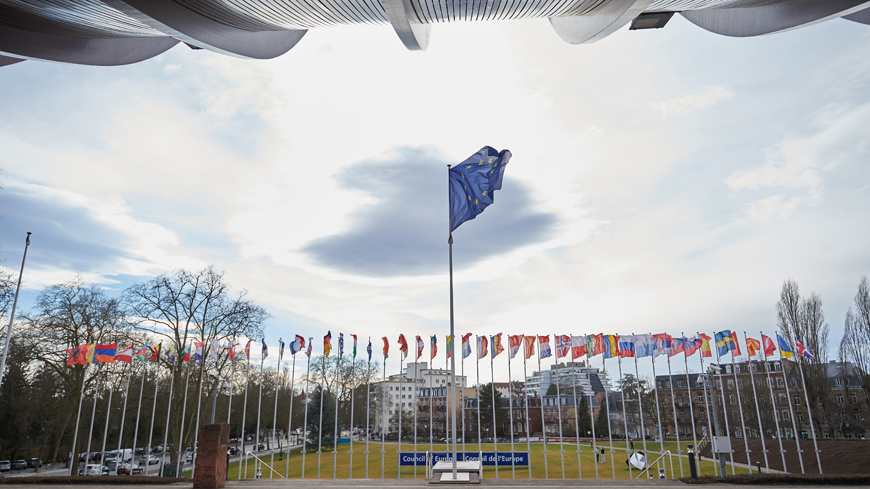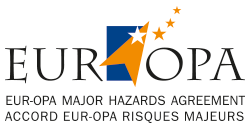EUR-OPA in brief
EUR-OPA Major Hazards Agreement - a tool for international co-operation

The main objectives of the EUR-OPA Major Hazards Agreement are to reinforce and to promote co-operation between member States in a multi-disciplinary context to ensure better prevention, protection against risks and better preparation in the event of major natural or technological disasters.
Set up by the Committee of Ministers of the Council of Europe in 1987 [Resolution (87)2], the Agreement is "open" because any non-member State of the Council of Europe may apply to become a member. It has to date 22 member States.
At the political level, the decision-taking body is the Ministerial Meeting (which takes place every four/five years) where each State is represented by its minister(s) responsible for natural and technological major hazards. However, exceptional circumstances and emergencies can justify Ministerial meetings being held at other times.
It is assisted by the Committee of Permanent Correspondents, who meet, as of 2013, once a year, where each State is represented by a Correspondent who plays the role of permanent relay between the national authorities and the Agreement. The Permanent Correspondents and their experts have the following tasks:
- to develop and prepare the Ministerial Meetings;
- to gather materials necessary for the elaboration and publication of background documents and adopted resolutions;
- to exchange and share information on relevant events which have occurred in the participating countries.
At the scientific and technical level, the specific role of the Specialised Euro-Mediterranean Centres is to develop projects, both at national and regional levels, which aim to improve the awareness of and resilience to major risks within the population.
Once a year the Meeting of the Directors of Specialised Euro-Mediterranean Centres facilitates the concrete contribution to the common objectives of the various partners through implementation of European expertise and research, training and information programmes.



